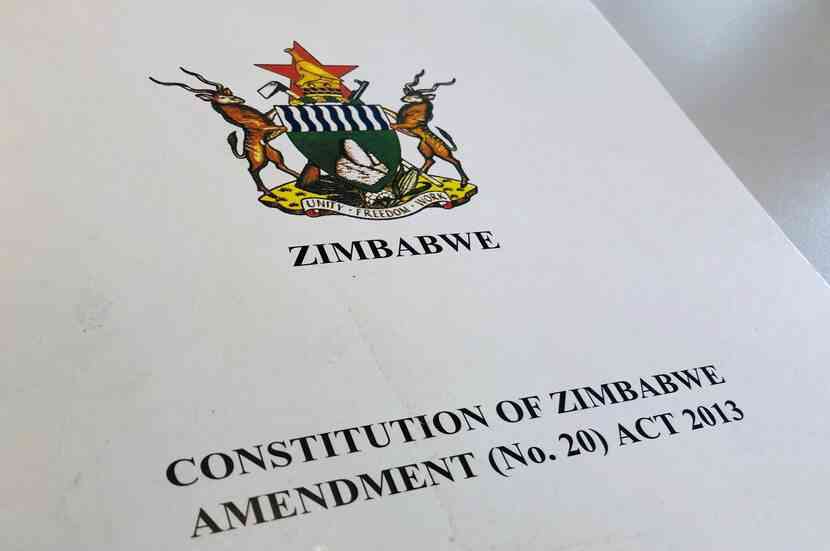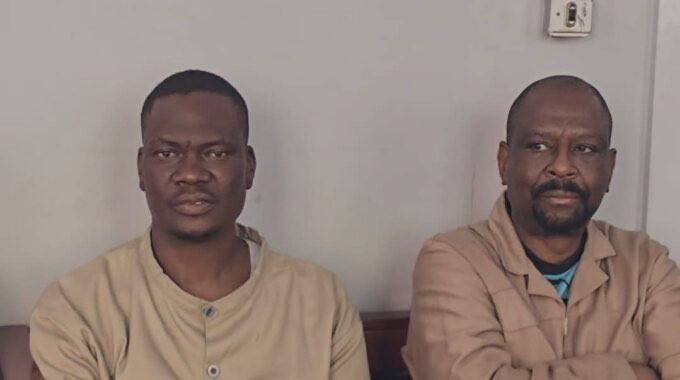
Until the dramatic events of one terrifying November 2017 night — when the late long time ruler Robert Mugabe was ousted, the impression created by some in the ruling Zanu PF party was that without him, Zimbabwe would be in ruins.
But that night of drama and anxiety reshaped how we see public administration today.
It was bad enough to see how millions claimed that they saw nothing wrong in a man who presided over the crash of Zimbabwe’s gross domestic product from US$9 billion during phases of protracted boom in the 1990s, to US$4,5 billion by the end of 2008.
The strongman who oversaw the collapse of Zimbabwe’s currency in 2008, after bad policies drove inflation to 500 billion percent — according to the IMF — remained a ‘messiah’ to so many of his followers.
They ignored the pain of downturns, arguing that he was only an innocent victim of Western muscle flexing.
As the aging Mugabe clung to power, the final years of his ruinous rule were hard for millions.
There was the spectre of a crumbling health delivery system, which precipitated deadly epidemics, among many pitfalls.
When frustrated Zimbabweans flooded the streets in November 2017, it only took a few months to demonstrate that change is good.
- Corruption Watch: Get scared, 2023 is coming
- Corruption Watch: Get scared, 2023 is coming
- Letters: Ensuring Africa’s food security through availability of quality seeds
- Is military's involvement in politics compatible with democracy?
Keep Reading
Change brings fresh perspectives, which are vital for national development.
The Emergency Road Rehabilitation Programme introduced by his successor, President Emmerson Mnangagwa for instance, has seen Zimbabwe makeover long stretches of the road network left on its knees.
The programme has had so many shortcomings, such as reports of corruption and shoddy work by contractors who got tenders in an opaque manner, among others.
We note, however, that some key parts of the disastrous infrastructure left by Mugabe have been rebuilt.
On assuming power, Mnangagwa took a bold stance against bad corporate governance in State firms, along with the Indigenisation and Economic Empowerment Act by reviewing contentious sections of the law to improve capital flows.
FDI remains a trickle compared to what regional peers are getting, as a result of perceptions around corruption and poor governance and accountability.
But it is far higher today than during Mugabe’s final years.
This should have been a signal to Zanu PF that change is not a bad thing.
Many Zimbabweans can be presidents successfully if given the chance.
Yesterday, the President cleared the air on his retirement plans. But talk of his alleged plan to extend power beyond the constitutional limit — which had dominated political discourse in the country was not good for stability. We hope that remarks made by Mnangagwa yesterday that he would like to ‘rest’ at the end of his term in 2028 put an end to the ridiculous push by the ED2030 brigade.
We must respect the Constitution — the supreme law of the land.
We must allow a fresh pair of hands to take charge as prescribed.
By doing so, global markets will see us as a law-abiding people, which is positive for FDI.
A new leader brings fresh ideas.
If they fail, the Constitution gives us the power to vote them out of power.











